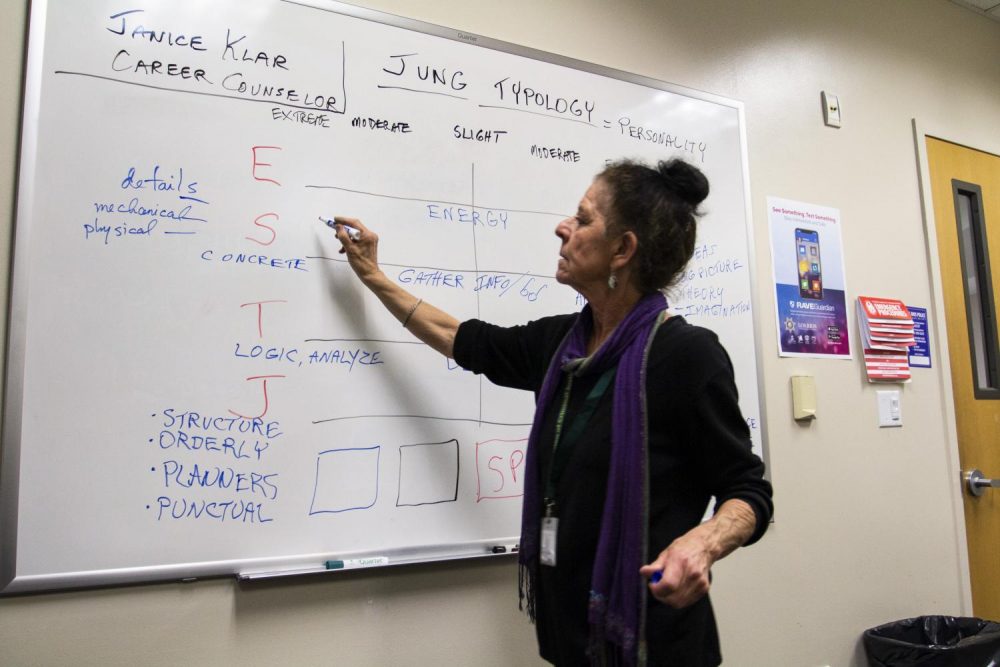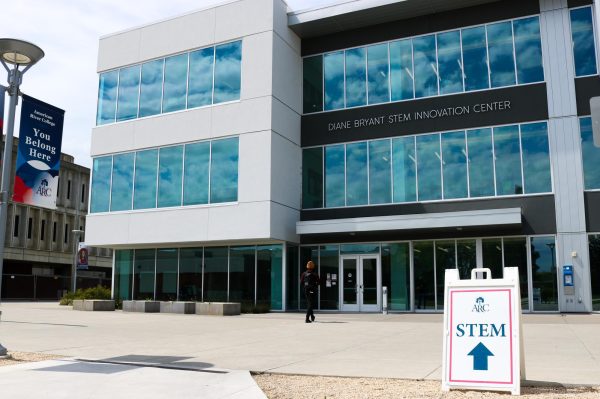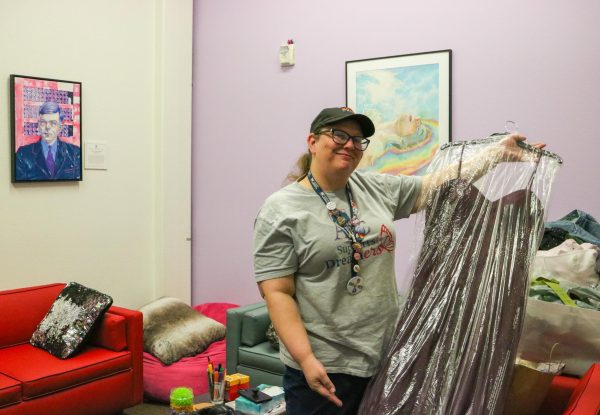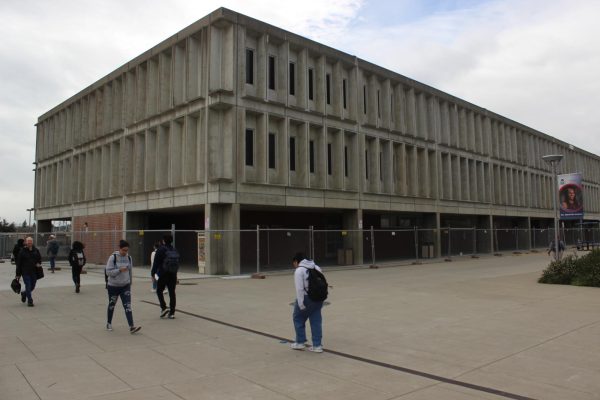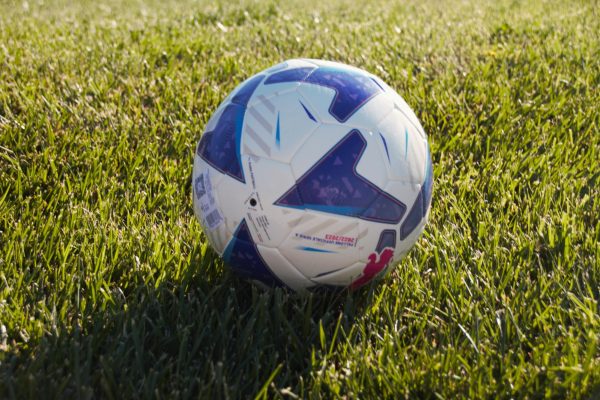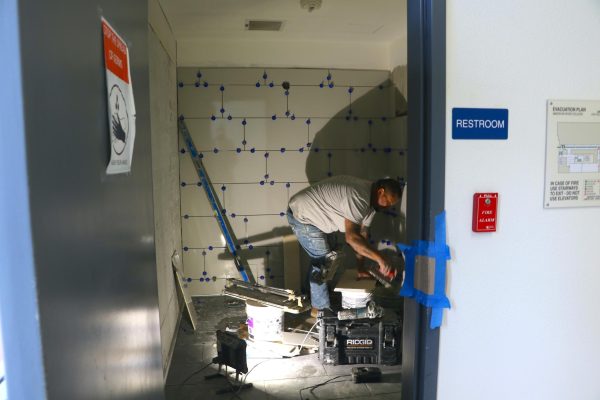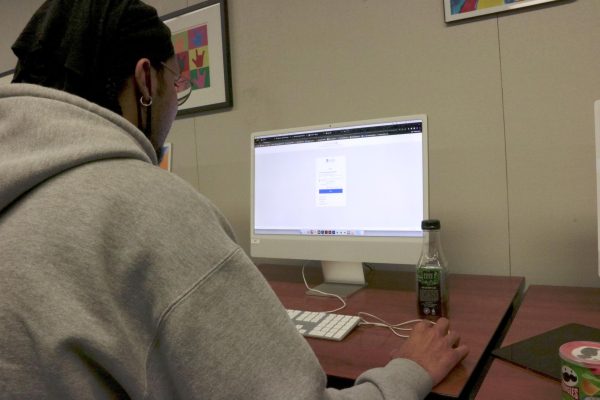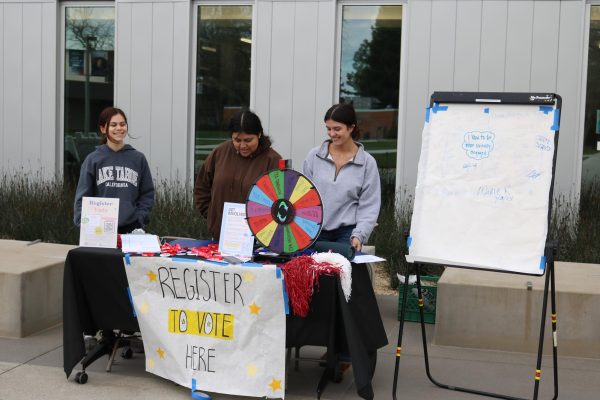Professors forced to transition online tell all about what it’s really like
Students with passing grades drop from classes under the pressure of online learning
With COVID-19 closing campuses all over California, students are finishing classes online. American River College has been no exception; in March the college moved its classes to an online platform for safety and social distancing. This has put a lot of stress on students who now must deal with the challenges of non-classroom learning online.
But there is another group of people who is also having a difficult time now that classes are online. Teachers have spent the second half of the semester preparing classes for online teaching. While some have made the transition with little trouble, others are finding teaching online to be more frustrating.
A professor in the English department, who asked not to use her name in order to protect her students, says that her classes have gotten significantly worse since the beginning of the outbreak. The professor says that in her classes many students who had a passing grade and were doing well in the class have now dropped, or students have not been turning in their class work.
“It isn’t going too well. I have students dropping who were passing. I am not sure why they dropped; maybe the stress is too much of trying to do too many online classes,” the instructor wrote in an email to the Current.
She also notes the difficulty of teaching over a computer and not in person, which she says she greatly prefers.
“I miss seeing them in person and feel like I am teaching in a vacuum,” she said.
She is not alone. According to an article published in the New York Times on May 4, students from about 26 universities including Brown, Columbia and Cornell, have sued their schools because they feel their education has been severely impacted by the move to online classes.
However, some teachers are finding the transition to having all of their classes online, more easily than others.
Wilber Johnson, an adjunct professor in the journalism department at ARC, says the transition has been easy, with the right preparation.
Johnson, who has a masters degree in instructional technology, says that online classes give students opportunities and benefits that in-person classes lack.
Johnson says the flexibility of online classes lets students with very busy schedules still maintain their academic standards. He says online classes can also help students with long commutes save on money and time.
In an email with the Current, he talked about how online classes have helped his students.
“One of my top-performing students spends [eight hours] on the job, and at 3 a.m. [that student] is on Canvas, usually the first to take a quiz or complete an assignment,” Johnson said. “Another student lives in the 707 area [code], and saving on the commute stabilizes [their] mental state. There are savings on gasoline, parking, snacks, etc.”
Johnson says that he is very proud of how hard his students are working even in the difficult transition.
“The students have worked hard and are determined to make the most of this situation,” Johnson said. “Students are in their zone, dealing with the new media challenges.”

